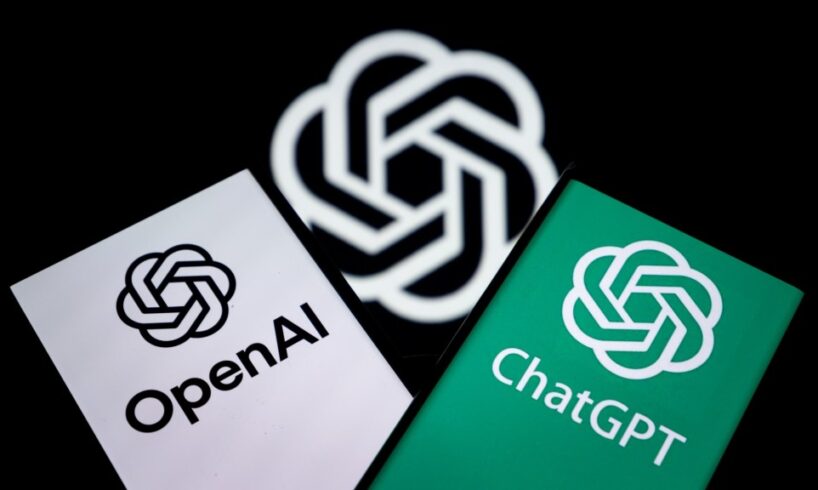
ChatGPT is not yet a ‘Google killer’ for e-commerce brands, according to new research showing traditional tools like paid search, affiliate marketing, and email campaigns still outperform AI for conversion rate and revenue per session.
Related Article Block Placeholder
Article ID: 324280
But platforms like ChatGPT are catching up, suggesting a near future where brands focus on favourable placement within AI chats as they would Google search rankings.
In a research paper published this month, Maximilian Kaiser of the University of Hamburg and Christian Schulze of the Frankfurt School of Finance & Management analysed how organic Large Language Model (oLLM) traffic performs against established digital channels.
The duo analysed 12 months of first-party data from 973 websites, covering $30.7 billion (US$20 billion) in revenue and 164 million transactions from traditional channels.
They also examined 50,000 ChatGPT referrals — instances where ChatGPT provided a link to a brand’s website when users asked about a product or service.
Smarter business news. Straight to your inbox.
For startup founders, small businesses and leaders. Build sharper instincts and better strategy by learning from Australia’s smartest business minds. Sign up for free.
By continuing, you agree to our Terms & Conditions and Privacy Policy.
While a small subset of the global data, Australia accounted for 226.82 million online sessions and $1.3 billion (US$858 million) in revenue considered in the report.
Despite the widespread and rapid uptake of AI chat tools, and some industry research claiming oLLM traffic will quickly eclipse traditional e-commerce channels, the results “contradict widespread expectations of oLLM superiority”.
Related Article Block Placeholder
Article ID: 324137
“One year after launch, oLLM outperforms paid social but underperforms all other channels, including Google’s paid and organic search, on the key financial metrics conversion rate and revenue per session,” said the researchers.
Shoppers who click a link through an affiliate website, like a listicle recommending products, are as much as 86% more likely to make a purchase than if they reached an online checkout through ChatGPT.
Illustration of regression results for conversion rate (CR) by channel. Source: Kaiser, Maximilian and Schulze, Christian, ChatGPT Referrals to E-Commerce Websites: Do LLMs Outperform Traditional Channels? October 08, 2025.
Organic LLM sessions also underperformed all channels except paid social for session duration and page views.
Not there yet, but getting better
The report stopped short of declaring oLLM sessions insignificant for e-commerce brands.
Instead, it found metrics like conversion rate and revenue per session improved over the first 12 months of research.
“Projections for the subsequent 12 months suggest the [conversion rate] gap between oLLM and traditional channels will continue to narrow,” even as average order value declines.
Related Article Block Placeholder
Article ID: 323833
“Taken together, these indicators make it seem unlikely that oLLM will ‘kill Google’ or otherwise displace traditional channels in the near term,” the authors continued.
“These analyses are exploratory, however, and prediction accuracy may be limited; shocks to platforms, retailer behavior, or consumer adoption could materially alter oLLM’s trajectory.”
Indeed, significant changes to ChatGPT’s platform have occurred since July 2025, when the researchers stopped collecting data.
Parent company OpenAI added in-app shopping to ChatGPT in September, a development likely to change how shoppers engage with the platform and the methods brands use to reach buyers through the app.
In the future, LLM platforms could “prioritise the development of affiliate-like systems and/or paid ads, mirroring patterns seen at LLM-native search engines that have begun testing ad formats,” the report said.
The researchers note AI chatbots have advantages over traditional search interfaces, with the chat format itself able to “reduce cognitive burden while improving precision”, and these features could improve as the technology matures.
Websites — themselves the raw material for many chat-based answers — could become more readable to LLMs and therefore improve chat-based responses, the researchers added.
The duo said further research could explore how ChatGPT, Perplexity, Claude, Gemini, Grok, and Deepseek perform differently, and if growing consumer trust will shape LLM shopping habits.





